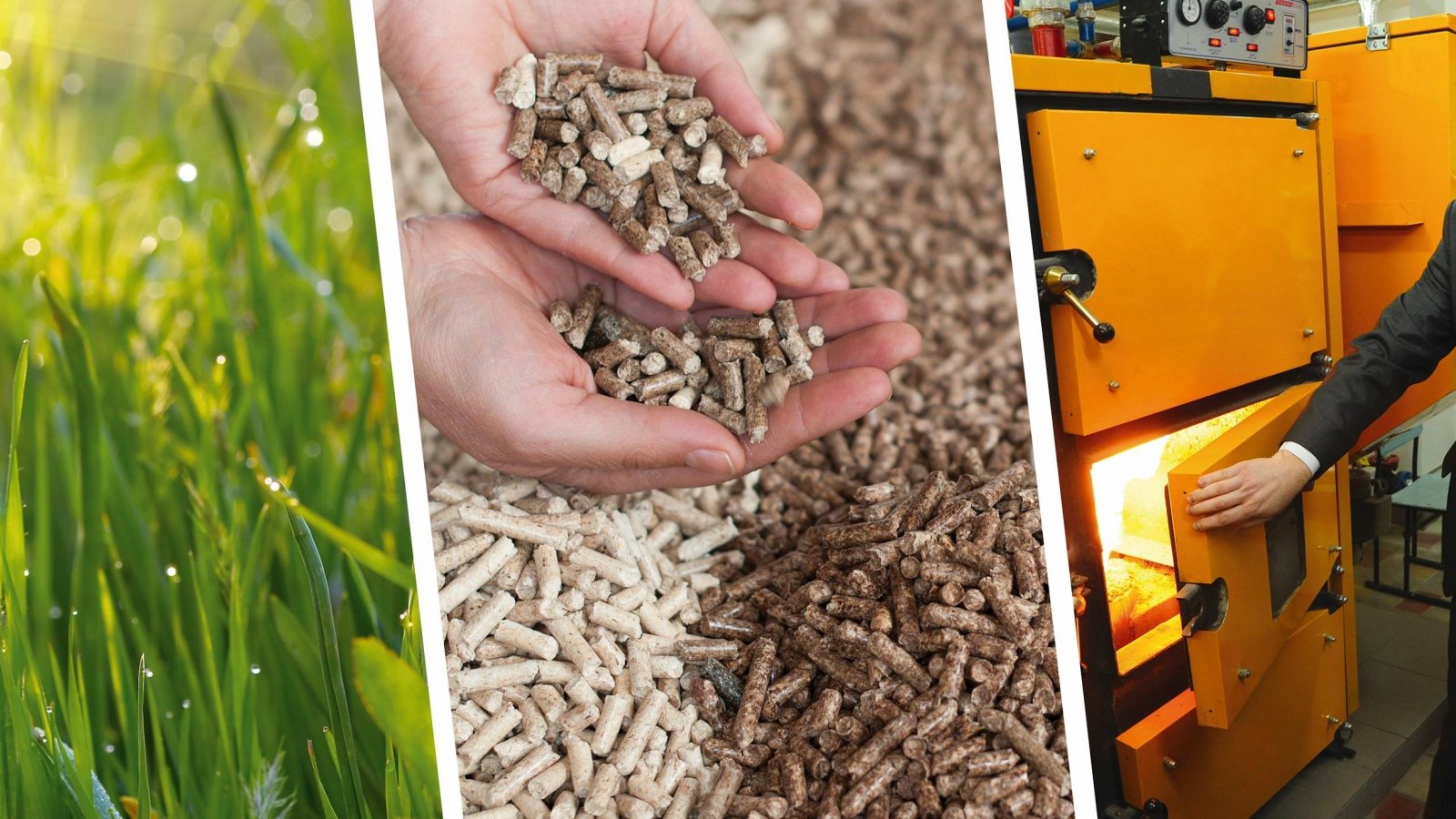The International Energy Agency (IEA) brought together government representatives and experts from 11 countries in the Eastern Partnership and Central Asia regions for the EU4Energy programme’s 5th Renewables Policy Forum, which was held in Vienna on 24 April.
In the Eastern Partnership and Central Asian countries, the potential for bioenergy generally remains underexploited and reliance on fossil fuels for heat production is high. In Georgia, 90% of rural households depend on wood, which is generally a very inefficient source of energy. Meanwhile, in Ukraine, energy security has been the main driver of the deployment of bioenergy in the district heating sector. In Moldova, bioenergy also plays an important role in reducing dependence on energy imports, thanks to programmes supported by the EU.
Most countries agreed that they had some potential for expanding bioenergy produced from a variety of agricultural residues such as straw, manure and cotton stalks. The IEA for EU4Energy programme will engage with the 11 countries to explore how bioenergy and the deployment of other renewables can progress.
The presentations from the European Commission and European bioenergy associations, as well as several country case studies are available for download.
The event was part of the EU4Energy Programme of the European Union. The International Energy Agency is leading the implementation of the EU4Energy Programme for the following Eastern Partnership and Central Asian countries: Armenia, Azerbaijan, Belarus, Georgia, Kazakhstan, Kyrgyzstan, the Republic of Moldova, Tajikistan, Turkmenistan, Ukraine and Uzbekistan. The programme’s aim is to work with the 11 beneficiary countries on improving energy data capabilities and enhancing data collection and monitoring, as well as assisting them in evidence-based energy policy design pertinent to the country’s needs.
























































